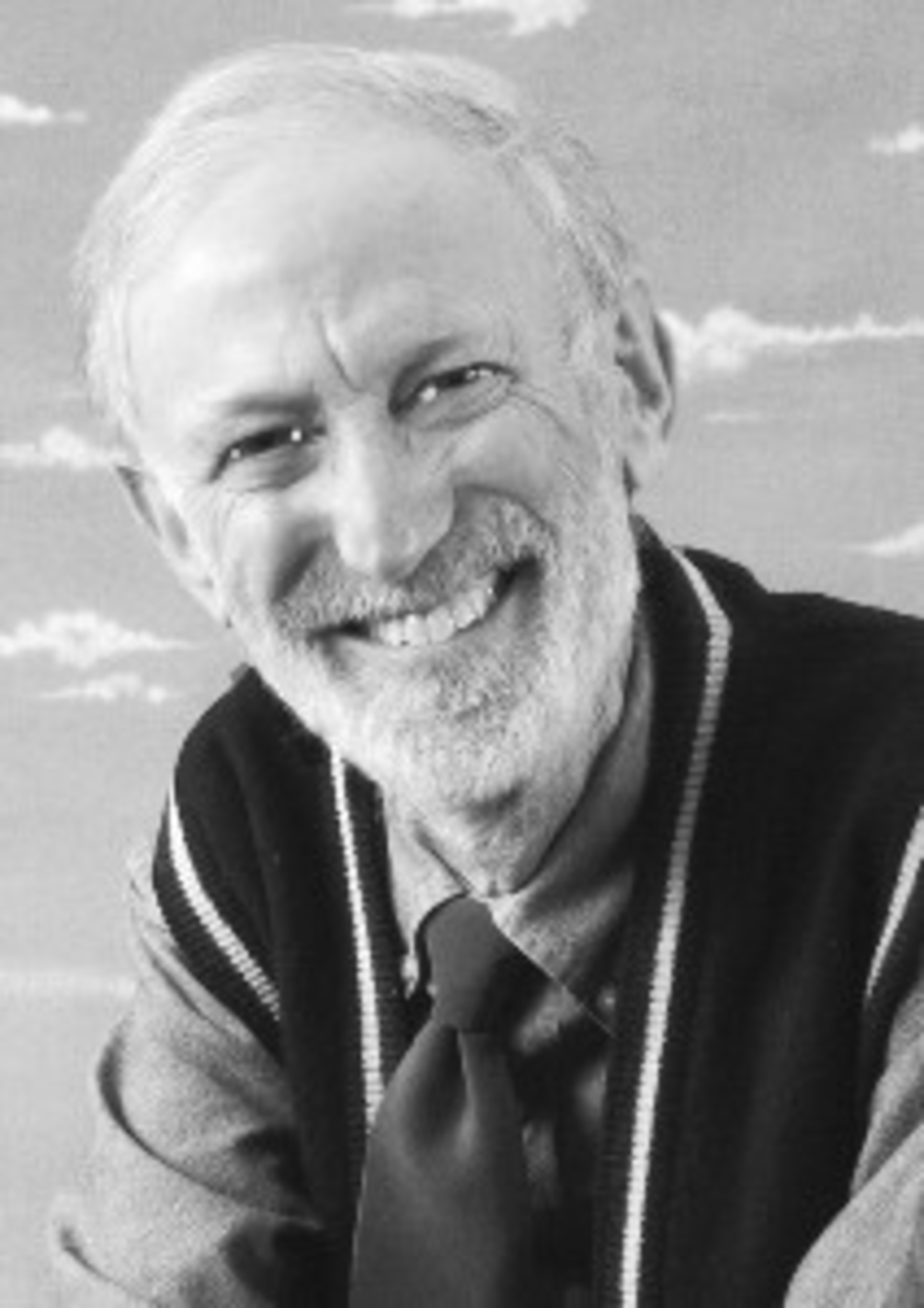Musings on the march of life and Israel
1938 hurricane: I was in kindergarten. Front window broke, lamp fell on floor. Through grammar school, Depression ended, war began. Sixth grade: FDR died, V-E Day. Junior high: GI uncles and cousins came home. War orphans came from Europe to our schools, out of hiding in cellars, attics, forests, graveyards. 1948: Israel was declared a nation among nations! The hora was a popular favorite on the hit parade and in our local nightclubs, the farm and the ranch house!
Meanwhile as a teen I needed friends and dates. I learned to drive a stick shift. 1961: The Eichmann trial in part of Jerusalem. I was already an instructor at RISD. The Providence Journal promised to print my account of a summer on a kibbutz, also teaching English in Tel Aviv … and commenting on the mood of the trial of the “Killer of the Jews of Europe.”
Oh, I was so high-minded and foolish! I somehow thought of Eichmann as a Cain, who could be exiled to the scorn of the world. Ha! He would have been glorified gleefully. The Grand Mufti of Jerusalem had applauded Hitler’s plan of total extermination! I argued with the Sabras. I admired the Arab garb of head-covering against the sun, their traditional kaffiyoth, their excellent coffee served in ceramic cups on porcelain tables in the cafes. I appreciated Ephraim Kishon’s comic descriptions of the contradictions among the immigrant survivors. Some orthodox or Hasidic, others atheistic, still others from the four corners of the world, all with differing views and speaking an awkward mix of their native languages and their new Hebrew.
I returned to Rhode Island with a fresh set of beliefs. I no longer respected the harsh judgments of the United Nations nor the praising of everything new in the American postwar period. In the new Holy Land, it was enough to share clothes on the kibbutz, seats on the second-hand buses, to hail hand-me-down used cabs.
I returned to Israel several times in the ensuing years and decades of my personal history. In 1967 after the Six Day War, to see the rest of Jerusalem, its sacred Western Wall. As in previous times, the sight was celebrated with courtesy. In 1973 after the Yom Kippur War, and in 1985 to greet the arrival of the Ethiopian community, once labeled Falashim, or “outsiders,” and now accepted as members of the Hebrew community, heirs to its sufferings and its achievements.
Again in 1979, with a group of RISD students, and in 2001, during the intifada. To listen to lectures about Israel as an “existential” country, counting on each citizen to choose and to commit one’s spirit to actions of resistance to the hatred expressed by its neighboring nations who teach virulent anti-Semitism to their children in schools and in homes. My next pilgrimage to the Holy Land will be ... to bird-watch near the Hula Valley during a migratory season when the wildfowl join the Jews in flight toward their homeland.
The hope is that their habitat like the passengers in Noah’s Ark will represent the human world in its entirety, prayers for peace upon the planet.
As a graduate of the public schools of Providence, which has always been a Noah’s Ark of sorts, not only with our local Jerusalem and Galilee but with such personalities as Father Edward Flannery. He published a book twice about anti-Semitism before the establishment of the church in Rome and again after the re-establishment of Israel, emanating from radical Islam.
My political views, such as they were, have been shaped by my journeys to the Middle East. I was a liberal lad as a schoolboy, but I learned both in Israel and through the news, that liberals are not always liberal, just as conservatives are not truly conservative. Nature and the rights of birds must be conserved, and the purity of the sea, the soil and the sky. Born-again Christians are often more respectful and concerned about the survivors and the citizens of Israel than their own co-religionists.
Israel is a genuinely diverse culture, and has earned and merited the respect of thoughtful persons. It is the fate of their people to be maligned, no matter what they may do or where they may roam. If they are poor they are despised. If they prosper, they are envied. If they are gentle, they are looked down upon. If they fight for their rights, they are feared and condemned. They are multifaceted, and they need to be.
I feel a bit of survivor guilt for the good fortune of my own lot in life. My sympathy for the Israeli population stems from my awareness of the responsibility of my generation to remember.
MIKE FINK (mfink33@aol.com) teaches at RISD.








